![]()
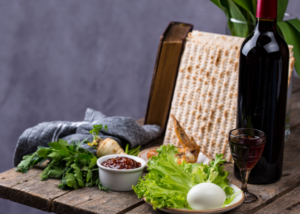 What is charoset, you ask? Charoset is one of the six ritual foods found on the Passover Seder plate. It’s a paste-like mixture of fruits, nuts, and sweet wine or honey, symbolic of the mortar used by the Israelite slaves when they laid bricks for Pharaoh’s monuments. Sometimes charoset is mounded up on the Seder plate in the shape of Pharoah’s pyramids!
What is charoset, you ask? Charoset is one of the six ritual foods found on the Passover Seder plate. It’s a paste-like mixture of fruits, nuts, and sweet wine or honey, symbolic of the mortar used by the Israelite slaves when they laid bricks for Pharaoh’s monuments. Sometimes charoset is mounded up on the Seder plate in the shape of Pharoah’s pyramids!
Charoset is also a food that reflects the diversity and creativity of our people. So, make this the year to expand your palate beyond classic Ashkenazi charoset made with nuts, apples, and wine. There’s a big wide world of charoset recipes to try, and we’re excited to share a few delicious variations with you.
- From the Abayudaya Jewish community of Uganda comes a banana and peanut charoset.
- From innovative Atlanta cook Joel Silverman, comes a fruit charoset spiked with miso!
- From the Persian tradition, a richly spiced charoset made with apricots, dates, pomegranate molasses, and more.
Tziporah Sizomu’s Ugandan Charoset
This recipe comes from Tziporah Sizomu, the wife of the chief Rabbi of Uganda. As a leader in the Abayudaya community, Tziporah is responsible for the Shabbat and holiday meals, including the Passover Seder, that brings the Abayudaya together as a community. Thanks to Be’chol Lashon for sharing this content.
Ingredients
2 cups roasted peanuts (Cashews or another nut or seed may be substituted if allergic to peanuts. Also, peanuts are legumes and some Jews do not eat them during Passover.)
1 apple, chopped fine
1 banana, chopped into small pieces
1/4 cup honey
1/4 cup sweet wine
Instructions
Chop the nuts or seeds by hand or grind in a blender and place in a medium-sized bowl. Rural Ugandans use a mortar and pestle. They don’t have blenders as very few have electricity. Nuts or seeds can also be chopped by putting in a sturdy plastic bag and pounded with a hammer or similar tool. Mix with the chopped apples and bananas. Add wine and mix well.
Joel Silverman’s Miso & Fruit Charoset
Our friend Joel Silverman says, “The best charoset-inspired thing I’ve ever made is this: I took a seven-fruit cooked charoset from Joan Nathan’s Jewish Holiday Kitchen and cooked it with a sweet white miso that I made myself. The miso added an umami roundness that was mind-blowing. I made the miso from scratch from koji, rice, and soybeans, but any store bought light and sweet miso would work. I especially love Marukome Boy Koji Miso, which they sell at H Mart.”[Note that miso is made from soybeans and rice. These ingredients are considered kitniyot,which many Jews avoid on Passover.] This recipe is adapted from “The Jewish Holiday Kitchen” by Joan Nathan,1988. The original does not have miso.
Ingredients
8 oz unsweetened coconut
8 oz chopped walnuts or almonds
1/4 c sugar
1 tbsp cinnamon
8 oz raisins
8 oz dried apples
8 oz dried prunes
8 oz dried apricots
8 oz dried pears
4 oz cherry jam
a little sweet red wine
2 tablespoons Marukome Boy Koji Miso or another sweet light miso
Instructions
Combine everything except the jam and wine in a pot. Cover with water and simmer over low heat. Periodically, add small amounts of water to prevent sticking. Cook at least 90 minutes. When it is cohesive, stir in the miso until it is incorporated and cook five more minutes. Add jam and let stand until cool. Add enough sweet wine to be absorbed by the charoset and chill.
Yield: 5 cups
Classic Persian Charoset
Ingredients
3 dried figs
3 pitted dates
6 dried apricots
2 tablespoons golden raisins
1 teaspoon pomegranate molasses
HYPERLINK “https://amzn.to/31E7pwn”2 tablespoons roughly chopped pistachios + more for garnish
2 tablespoons roughly chopped almonds
½ teaspoon cinnamon
¼ teaspoon cardamom
2 tablespoons fruit juice just in case mixture is too dry
Dried rose petals for garnish (optional)
Instructions
Add all ingredients to a food processor and blend until evenly incorporated. If you don’t have a food processor, you can chop all the ingredients finely and stir to combine.
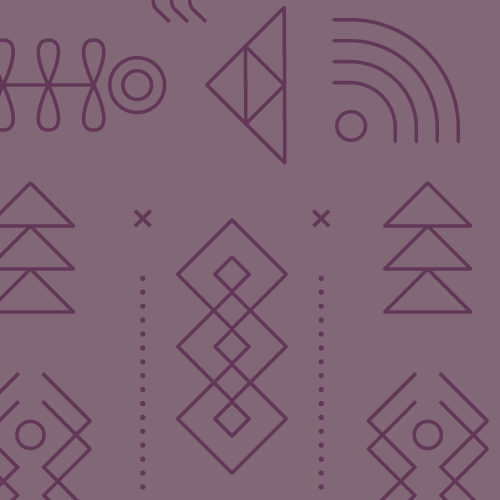
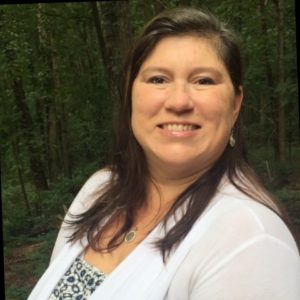 Passover is a challenging time. It is challenging to meet all the requirements, to prepare for family rituals, to prepare for Passover via Zoom instead of in person, and to balance the material world with the spiritual practice in a society that is not Passover friendly. The Passover Seder is all about asking questions, and it challenges us to ask the tough questions that we might, could, or should ask of ourselves, especially as they relate to tikkun olam, repairing the world.
Passover is a challenging time. It is challenging to meet all the requirements, to prepare for family rituals, to prepare for Passover via Zoom instead of in person, and to balance the material world with the spiritual practice in a society that is not Passover friendly. The Passover Seder is all about asking questions, and it challenges us to ask the tough questions that we might, could, or should ask of ourselves, especially as they relate to tikkun olam, repairing the world. 
 Wha
Wha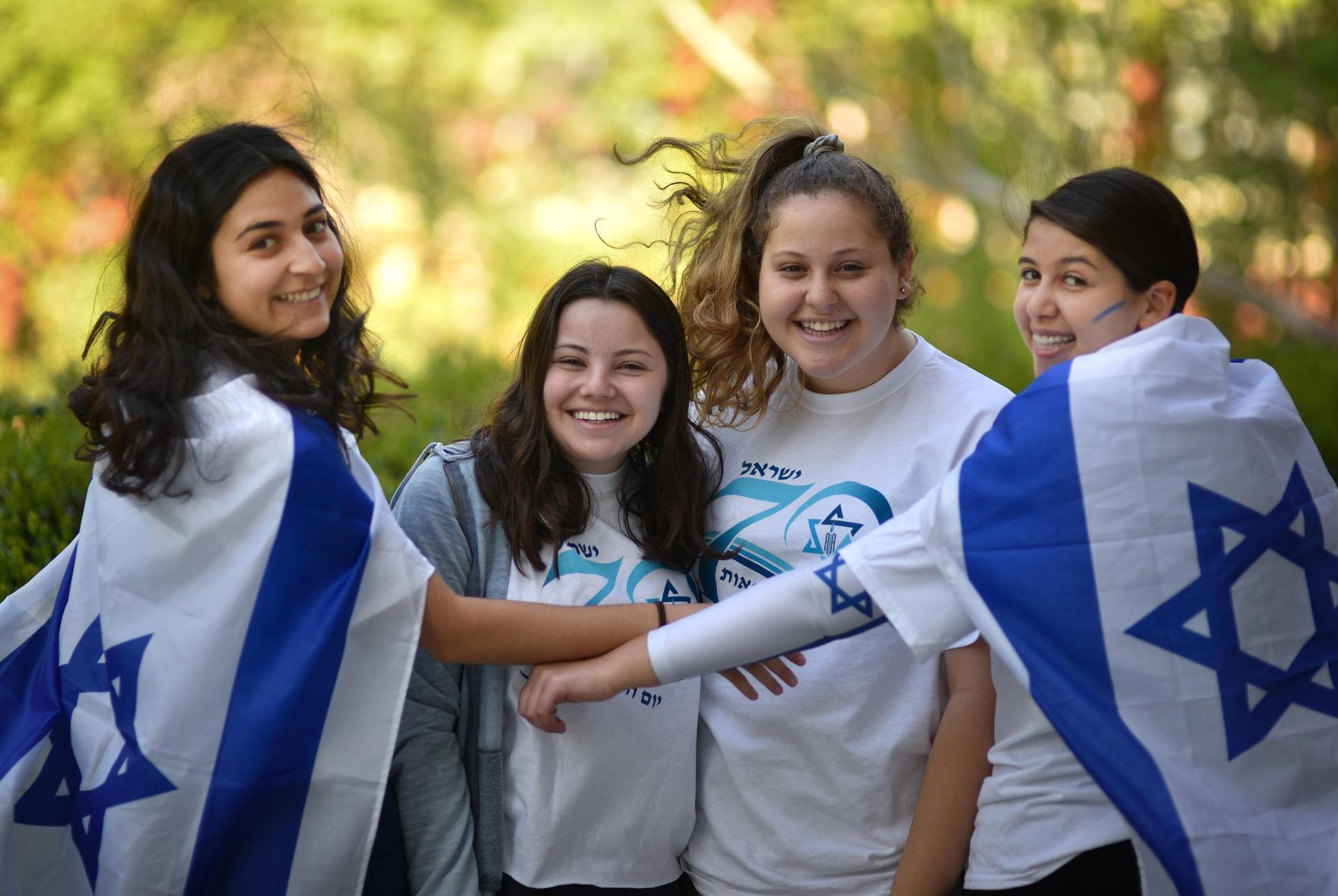
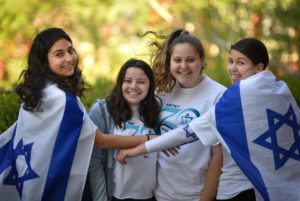 A group of grateful and generous Atlanta donors
A group of grateful and generous Atlanta donors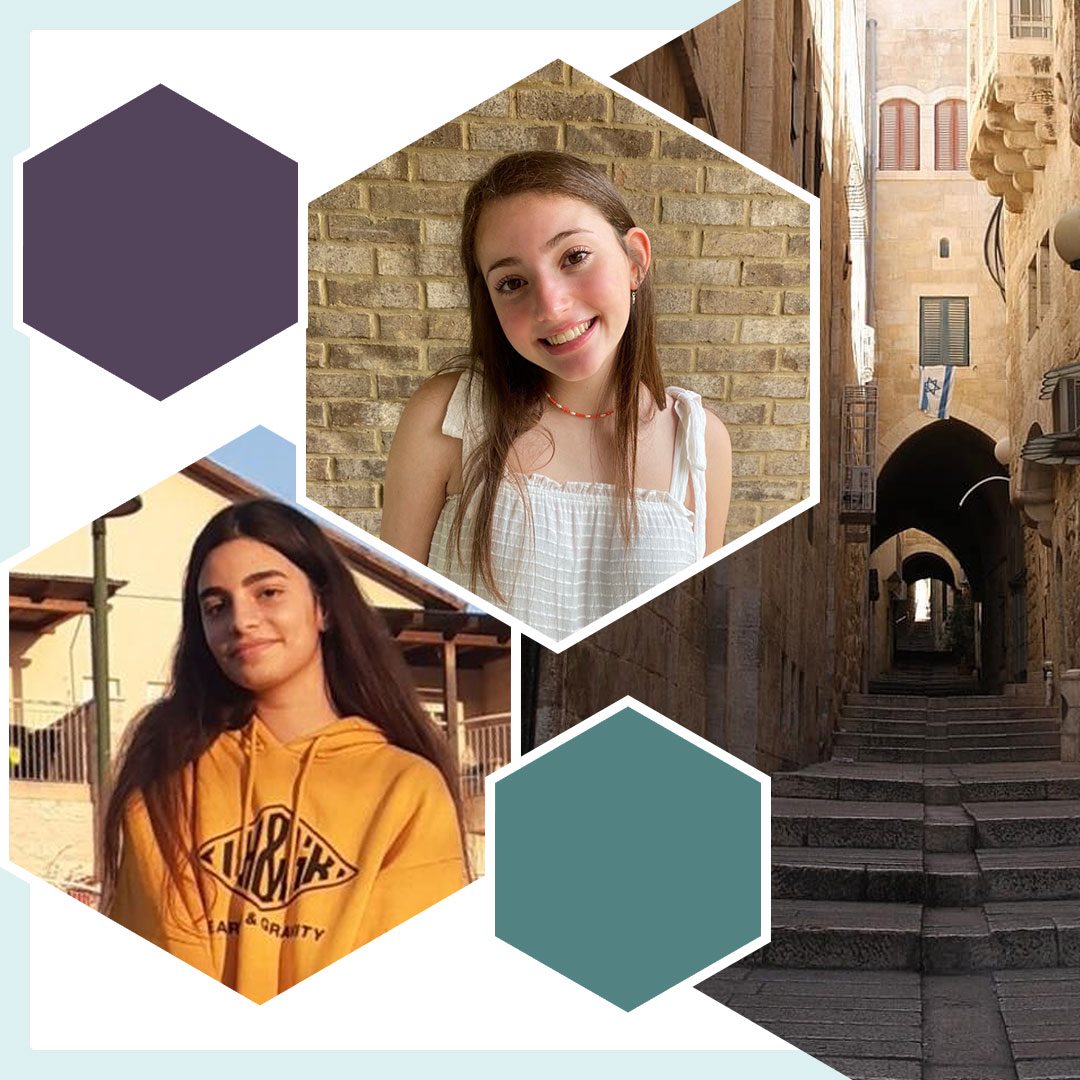
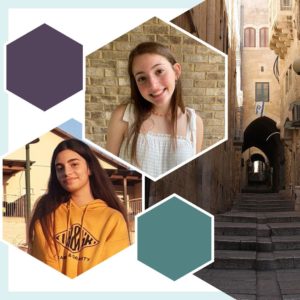 JumpSpark’s
JumpSpark’s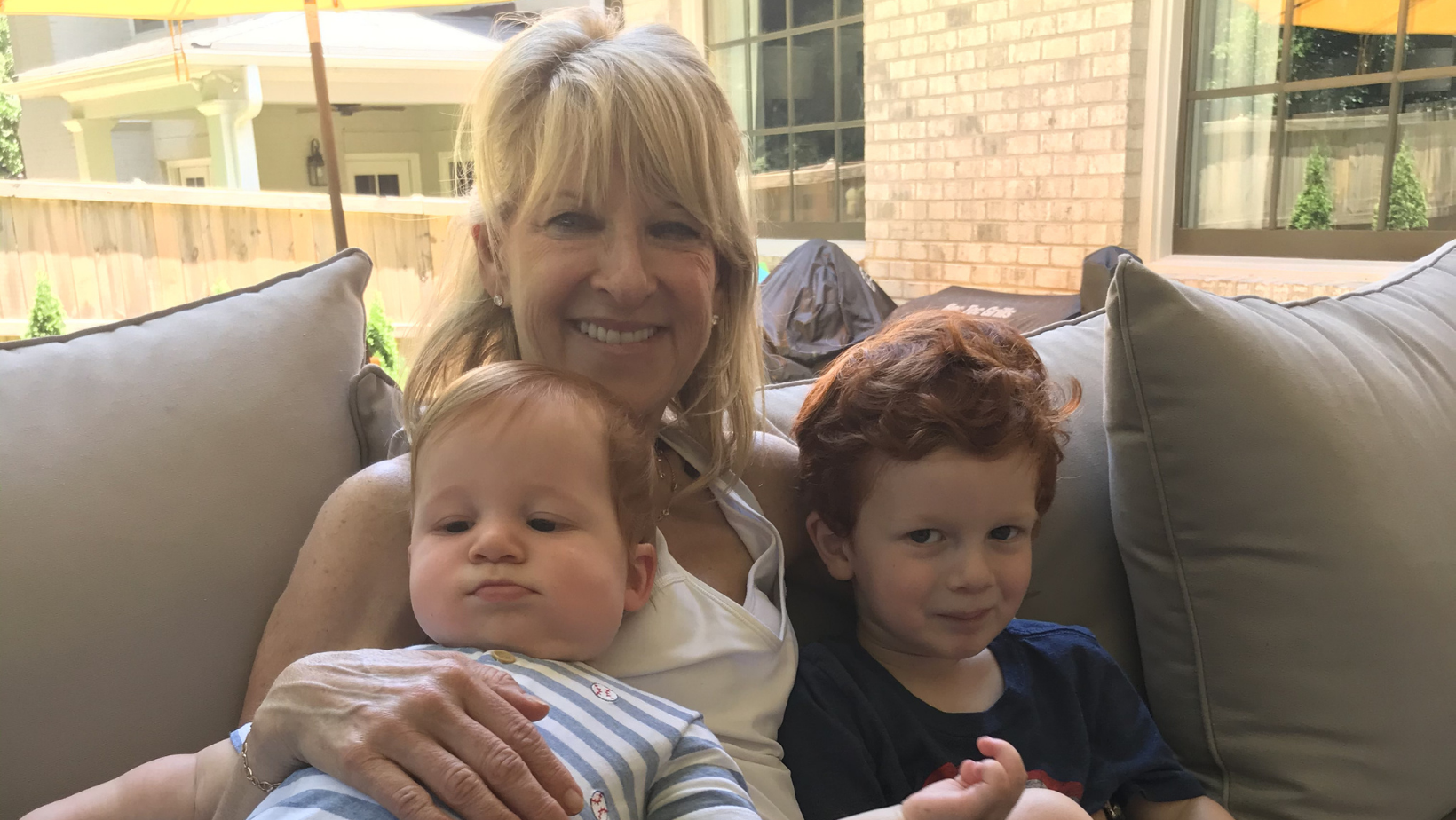
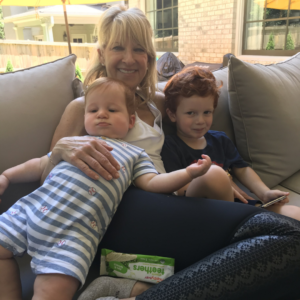 by Lynn Sapertstein
by Lynn Sapertstein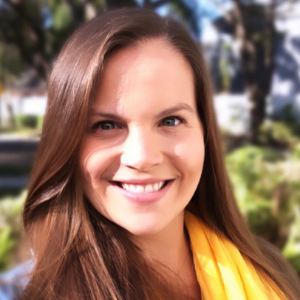
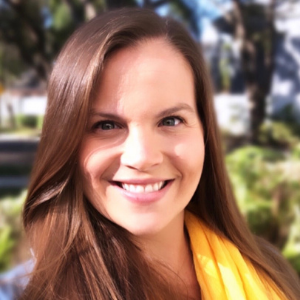
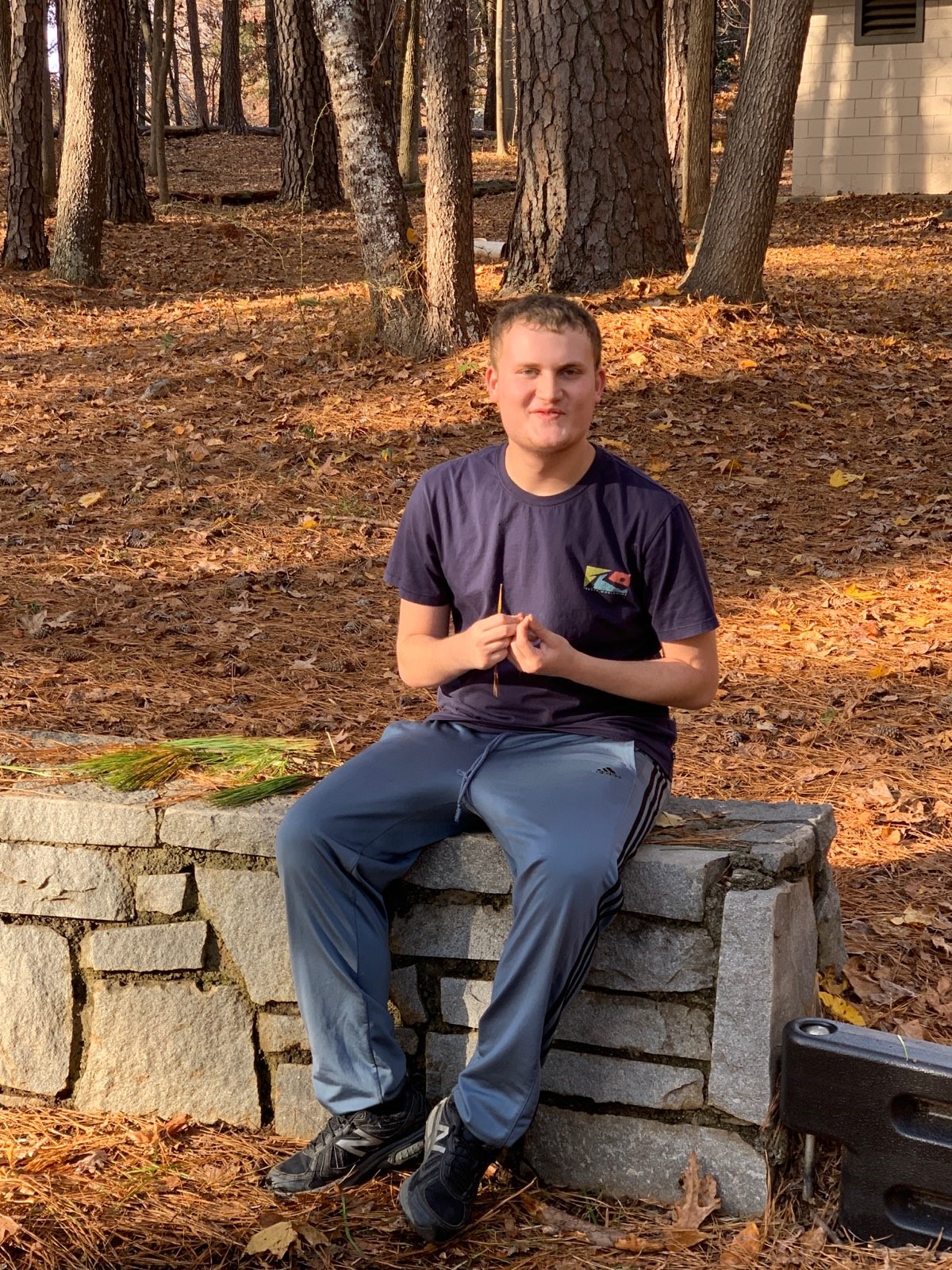
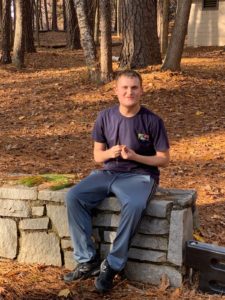 Jared Jay is a nonverbal young man with autism, but his message is loud and clear when he uses his letter board. We asked Jared to share his thoughts for our Atlanta community during Jewish Disability, Awareness, Acceptance & Inclusion month (JDAIM).
Jared Jay is a nonverbal young man with autism, but his message is loud and clear when he uses his letter board. We asked Jared to share his thoughts for our Atlanta community during Jewish Disability, Awareness, Acceptance & Inclusion month (JDAIM).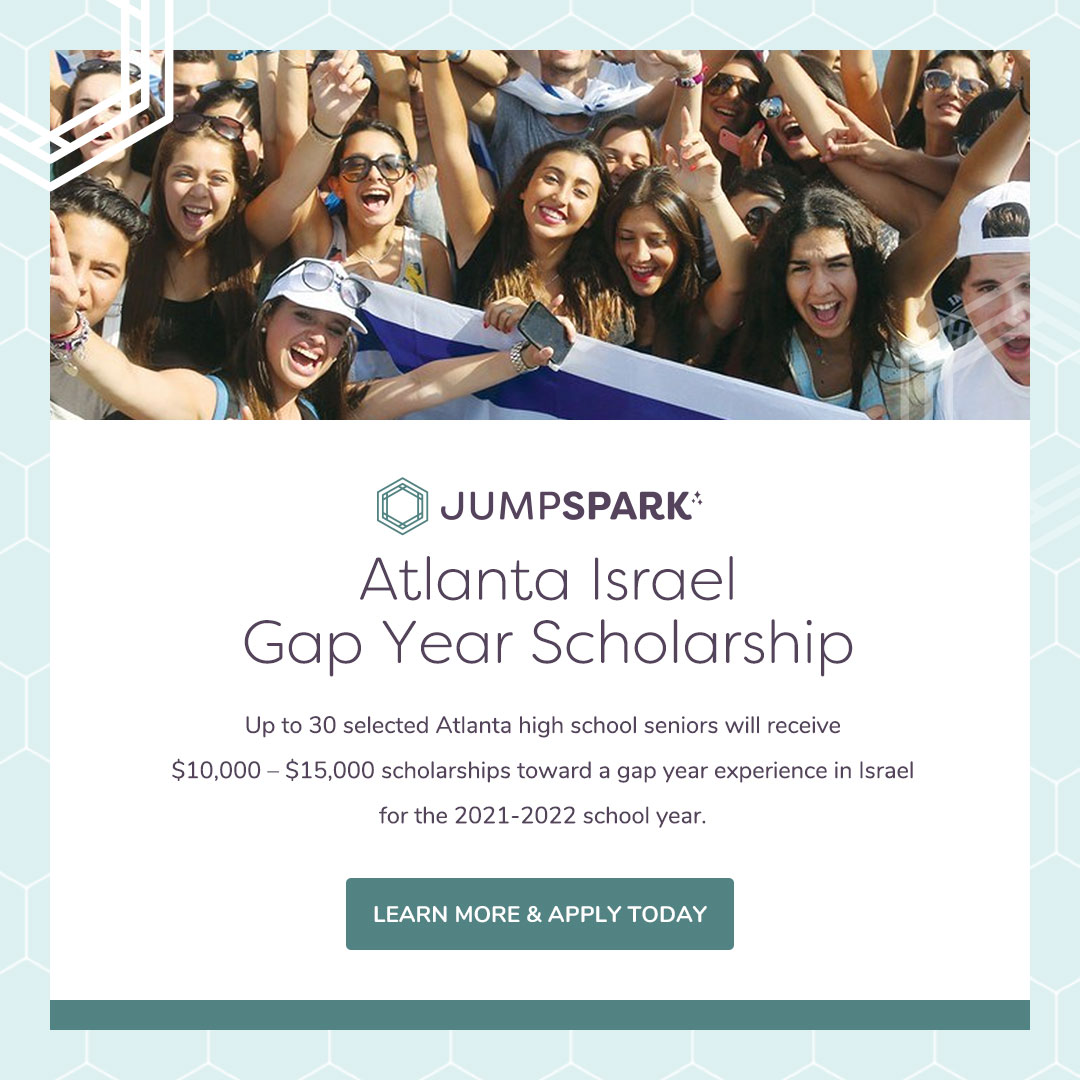


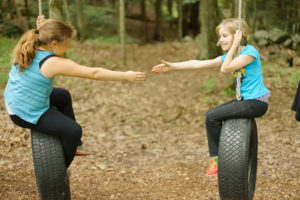 Jewish Camps Ready to Support Camper Mental Health
Jewish Camps Ready to Support Camper Mental Health


